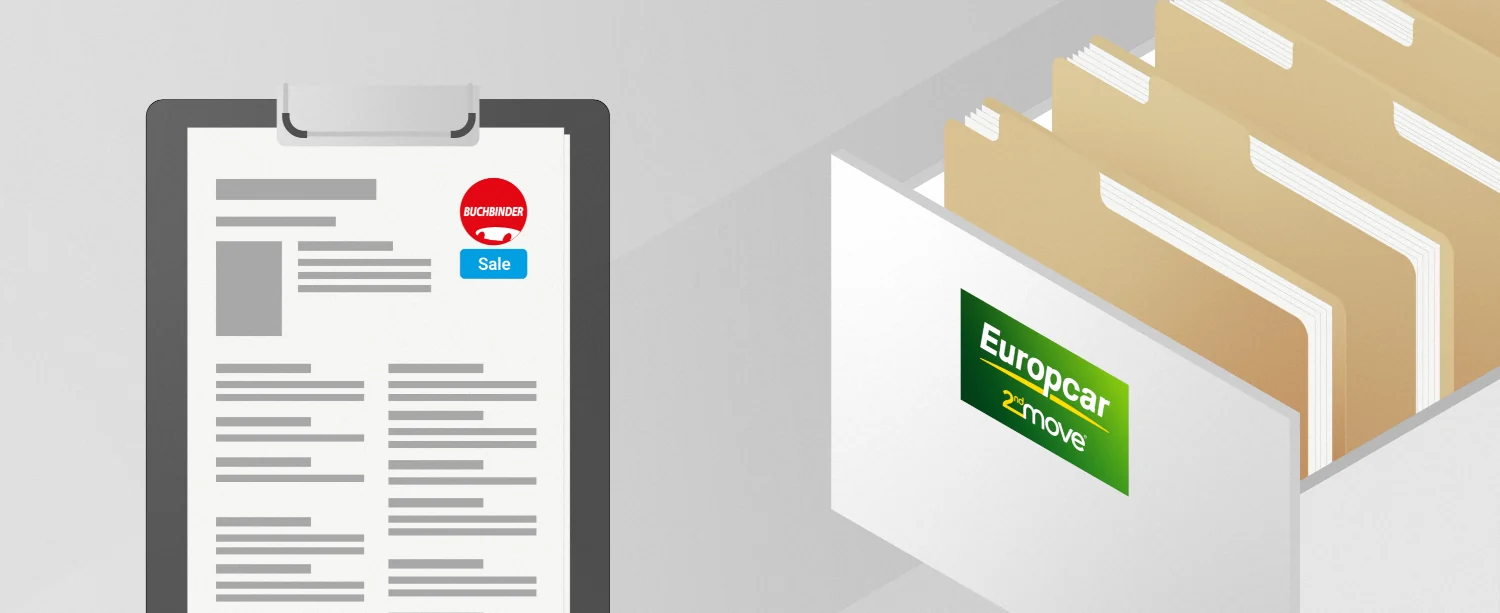This trend is accompanied by an increase in total CO2 emissions compared to the comparable period in 2022. The average value per kilometer driven was 121 grams. The annual average for 2022 was 109.6 grams. However, this value was only possible thanks to the increased proportion of vehicles with -fossil drives can be achieved. The value for combustion engines was 150.5 grams and for diesel 168 grams per kilometer driven.
New registrations of electric cars have declined
The proportion of new cars made up of purely electric cars and plug-in hybrids has fallen. In 2022 it was still 30 percent. The reason for the weaker sales this year is probably the lower subsidy for electric cars and the canceled subsidy for plug-in hybrids. Plug-in hybrids in particular are the losers: their share of newly registered cars was less than 6 percent in the first half of 2023. Hybrids were at a good 22 percent, pure electric cars at around 19 percent. In comparison, diesel engines were at 16.7 percent and gasoline engines at 35.6 percent.
Based on the total number of vehicles registered in Germany at the end of 2022 (48.5 million), the proportion of alternative drives is still small. Gasoline and diesel engines together make up 92.2 percent. Only the rest are electric cars, plug-in hybrids, hybrids (other), LPG and CNG powered vehicles. At the beginning of 2023, there were 1,013,009 electric cars and 864,712 plug-in hybrids on Germany's roads.
Strong sales months of May and June
June in particular was a buying month. 280,139 cars were newly registered. That is 25 percent more than in June a year ago. May 2023 was also very strong. Growth compared to the same month last year was 13.4 percent.
Which car manufacturers were ahead in June? VW is by far in first place with a 19 percent market share, followed by Mercedes (9%), Audi (8.9%), BMW (7%), Skoda (5.3%), Opel (5.2%) and Seat (4.8%), Ford (4.3%). Tesla follows in 13th place with 2.9%. The ten most popular models in June were VW T-Roc, VW Golf, VW Tiguan, Tesla Model Y, VW Passat, VW ID4/ID5, Opel Corsa, Mercedes C-Class, Fiat 500 and Mini.
SUVs remain popular
Despite criticism of their CO2 emissions, the SUV segment was the strongest in June at 31.4 percent. The highest CO2 emissions are recorded by luxury brands such as Lamborghini and Rolls-Royce, but this is despite comparatively low numbers of new registrations. At 208.2 grams, Porsche recorded the highest CO2 emissions among brands with at least 10,000 new registrations. Mercedes follows with 136.4, Audi with 135.5, BMW with 133.7 and VW follows with 129.8 grams.
Growth in the used car market
A lot has also happened on the used car market: the transfer volume in June showed 644,032 vehicle ownership transfers, a significant increase of 12.5 percent compared to the same month in 2022. A total of 3,537,658 vehicles (+3.3%) changed owners in the first half of the year.
Consequences of road traffic
According to a report by the European Environment Agency, road transport is responsible for a fifth of EU emissions. At 60.6 percent, cars make up a decisive share of CO₂ emissions. Last year, an increased proportion of electric and plug-in hybrids in Germany made a significant contribution to curbing CO2 emissions in this country. But the weaker sales figures for 2023 show that without appropriate incentives it will be difficult to further increase sales of vehicles with non-fossil drives.
 To register, you will be redirected to the Europcar 2ndMove website. After registering, you can log in to Buchbinder-Sale.de.
Next
To register, you will be redirected to the Europcar 2ndMove website. After registering, you can log in to Buchbinder-Sale.de.
Next
 To register, you will be redirected to the Europcar 2ndMove website. After registering, you can log in to Buchbinder-Sale.de.
Next
To register, you will be redirected to the Europcar 2ndMove website. After registering, you can log in to Buchbinder-Sale.de.
Next






 Registration
Registration  Login
Login All vehicles
All vehicles  Direct Sale
Direct Sale
 Auctions
Auctions
 Service
Service
 Company
Company
 My Area
My Area 
